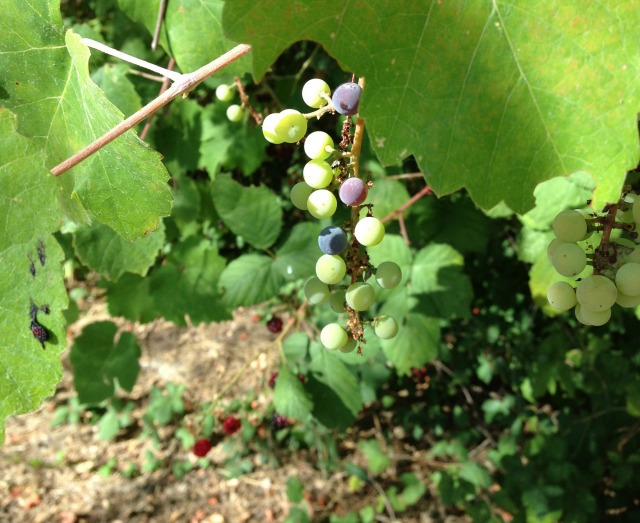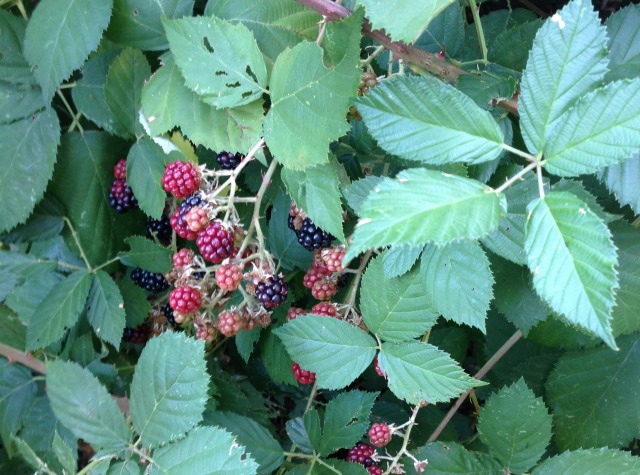The Word of Wisdom advised the early Mormons that drinking wine and strong drink were not good, but that they could make pure wine for their sacraments. Now that’s something I wish we did today for our weekly sacrament — a small cup of wine of our own making would more memorable than the chlorinated tap water we use now. “Pure wine” did not mean grape juice. In the days of Christ, people disinfected their water by adding wine to it — much like how we chlorinate today. There were no refrigerators in those days; grape juice would go bad unless it was fermented.
Tea and coffee are not mentioned in the word of wisdom — but, hot drinks are not for the body or belly. — which some Mormons assumed meant tea and coffee. However, the temperature of the hot drinks could’ve been the issue. Studies show that hot drinks may cause esophageal throat cancer. Hot drinks could also have meant the non-traditional medical remedies of the day — Thomsonian and other off-shoots, often prescribed hot drinks. Joseph’s brother, Alvin died of a dose of calomel — mercurous chloride prescribed by one of those doctors.
There is much that is left to wise interpretation, and personal reflection — is caffeine ok in moderation, or not at all? What about trans-fats? Overeating?
Joseph Smith revealed that mild drinks made from barley and other grains are good. That creates a question beyond the hot Postum that was consumed by many a Mormon back in the day. Beer is made from grain — and thus, a healthy beverage in moderation. Brother Nibley believed this as well.
The Word of Wisdom counsels us to eat meat sparingly, in times of famine or winter or cold. We may eat meat too often.
“Flesh also of beasts and of the fowls of the air…for the use of man with thanksgiving; nevertheless they are to be used sparingly; and it is pleasing unto me that they should not be used, only in time of winter, or of cold, or famine.”
Fruits and vegetables in the season. That one has always interested me, as I studied eastern/western herbology and read that it is better for you to eat the fruits and vegetables that are grown locally — this way you receive some of the necessary nutrients contained in the soil specific to the area in which you live.
It goes along with my thinking that God placed many herbal cures in the vicinity of the disease. For example, the cure for malaria — quinine — happens to be the tropical forest tree called cinchona whose bark contains quinine and grows in the marshy areas which were and are notorious for the breeding ground of the mosquitoes that infect you with malaria.
Maybe we shouldn’t buy fruit that comes from Chile when we live in the United States. We should eat the wild berries that grow nearby. Buy the honey produced locally; the olive oil from local farms.
In the history of the church, many Mormons continued to drink coffee and tea after the “word of wisdom” was received. Hugh Nibley tells a story that happened in the early days of the church — Joseph’s wife, Emma offered an elderly woman a cup of tea after a long journey. The woman and her family left the church over this. My goodness, declares Nibley, ” this was just a stimulant for an old lady. It wasn’t a coffee bust!”
The Word of Wisdom is not the gospel. The gospel is eternal. This is a word of wisdom to all for their temporal welfare on earth. There are blessings promised when you follow the wisdom. But it’s interpretation can be difficult.
True it is that Mormons are required to live it, but all should be careful not to judge others if they choose to drink a can of cola. After all, it is more than that, and reading it carefully, we may not be following it ourselves with all the convenience foods, junk foods and fast foods at our reach. We should even be careful not to judge those outside our faith who may partake of wine or tobacco. We should read it over and decide how and what it means to us.
” The Word of Wisdom is simply a warning to beware of the world, and although it is a temporal revelation, the keeping of it will help us to keep the more eternal covenants we have made with our Heavenly Father.” (Hugh Nibley Commentary)


